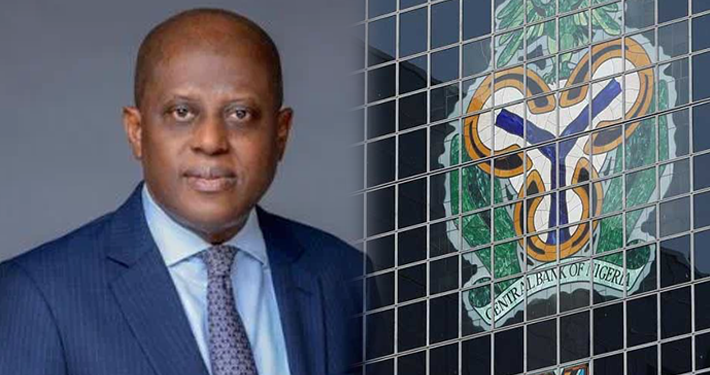
The Central Bank of Nigeria (CBN) has attributed the depreciation of the naira to the considerable amount of money spent by Nigerians on foreign education and medical tourism over the past decade. According to the CBN, Nigerians spent $39.6 billion on foreign education and healthcare between 2010 and 2020. Of this amount, $28.6 billion was spent on foreign education, while medical tourism accounted for $11 billion within the same period. The CBN governor, Olayemi Cardoso, made this known at a presentation before the House of Representatives, stating that these figures have contributed to the country’s foreign exchange crisis, which has led to the decline in the value of the naira to over N1,400 at the official market.
The CBN has made provisions for school fees and healthcare at a CBN-approved rate, but recent data shows a significant increase in the demand for PTA for payment of school fees abroad compared to the early 1990s. According to Cardoso, the number of Nigerian students studying abroad increased from less than 15,000 in 1998 to over 71,000 in 2015, and by 2018, the figure had reached 96,702 Nigerian students schooling around the world. The CBN believes that Nigerian students schooling abroad will exceed 100,000, with a projected 64% increase in Nigerian study in the UK, rising from 1,320 in the 2009-2020 academic session to 21,305 by the 2020-2021 session.
Cardoso argued that the foreign exchange market was facing increased demand pressures, causing a continuous decline in the value of the naira. Factors contributing to this situation include speculative forex demand, inadequate forex due to low remittance of crude oil earnings to the CBN, increased capital outflows, and excess liquidity from fiscal activities. The CBN governor also revealed plans to introduce a new foreign exchange operation mechanism for the operation of the Bureau de Change segment and fight currency hoarding.
A new report by the Washington-based Institute of International Education revealed that the number of Nigerians studying in the United States has surged to the highest in at least 23 years despite an acute shortage of foreign exchange in the country. The report showed that the number of Nigerian students at US colleges and universities grew by 22.2% to 17,640 in the 2022/23 academic year from 14,438 in the previous year. The number of Nigerians grew at a faster pace compared to last year, which rose by 12.3%. The CBN governor believes that one of the primary reasons the naira has continued to decline on the international stage is due to Nigerians’ preference for foreign education and medical treatment, hence the need to mitigate a significant portion of this demand to strengthen the naira. For more figures, click here
Your point of view caught my eye and was very interesting. Thanks. I have a question for you.
Thanks for sharing. I read many of your blog posts, cool, your blog is very good.